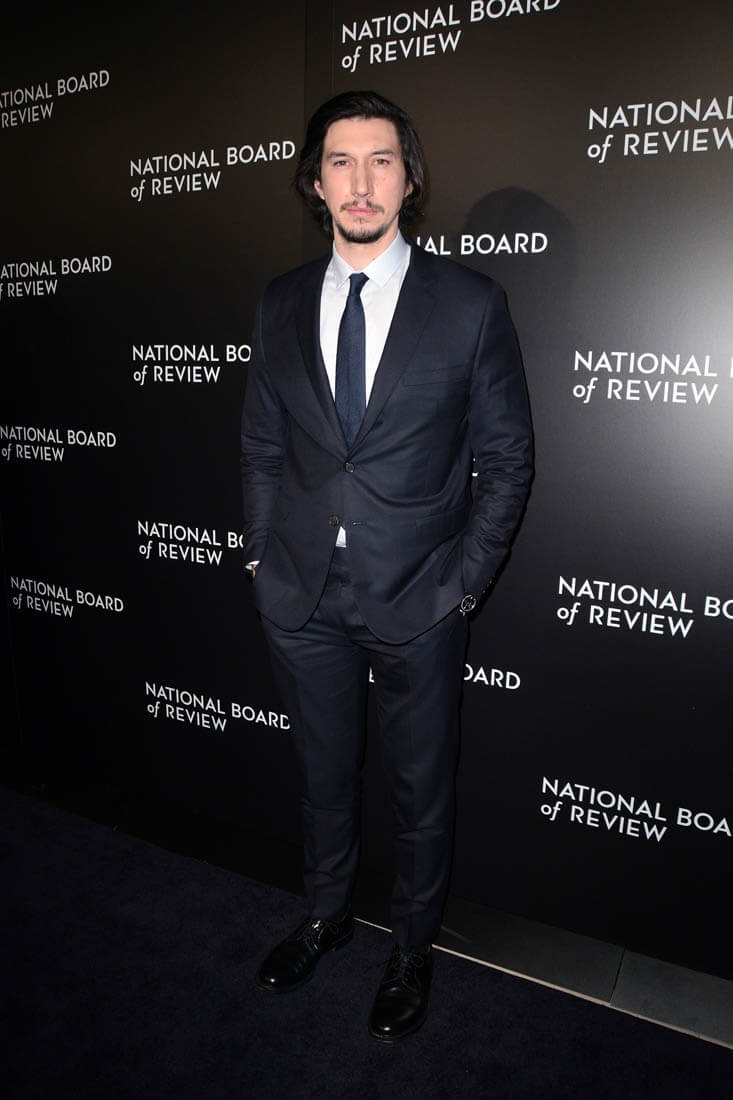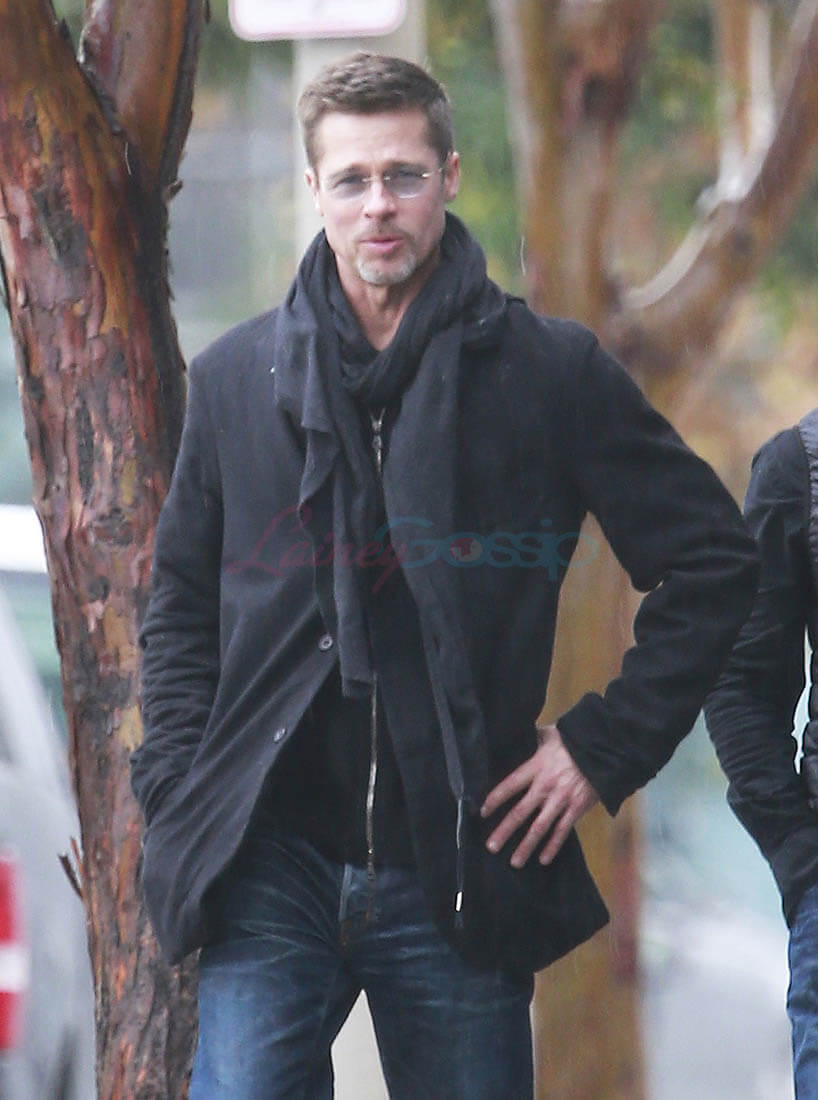Adam Driver in Paterson



Many were hoping that Paterson would have a chance at the Oscars and that there would be a surprise nomination yesterday, while acknowledging that the chances weren’t great. It certainly wasn’t the biggest snub, but most critics agree that Adam Driver’s performance stands up to any of the five Best Actor nominees.
Paterson the person is a bus driver in Paterson, New Jersey—and well aware of the coincidence of his name—and each day he goes through a quiet, presumably boring routine. He wakes, he dresses, he goes to work, where his co-worker Donny relates his latest tale of woe. Paterson drives his bus, he eats his lunch, he finishes his route, and he goes home, where his flighty wife greets him. He walks their dog, he drinks one beer from the same stool in the same bar, and converses with the same regulars. Paterson is a simple man with a simple life. He’s the kind of person you don’t think twice about when you see him. But Paterson has a rich inner life that includes writing beautiful, stunning poetry that scrawls across the screen as Paterson goes about his day.
Paterson the film is Jim Jarmusch’s follow-up to Only Lovers Left Alive, and it is perhaps the purest distillation of Jarmusch’s chief interests: Poetry, routine, and intimate love expressed in the quiet betweens. Between sex, between conversation, between the “to do” and the “done”, Jarmusch explores intimacy and love as well-established routine and everyday occurrence. Paterson loves his wife, Laura, with a fervor no less intense for its quietude. It’s there in the way he watches her wake up, the way he eats an awful meal she’s prepared, the way he listens to her. And she loves him, with a louder, more expressive passion, but one that doesn’t demand any more assurance than his presence.
As Paterson, Adam Driver is at his driest and best. Paterson is a man of few words spoken and many words thought, and Driver captures the balance of a man who lives loudest within in his mind. He is tasked with communicating so much non-verbally, but when it’s called for, he is explosively physical (the way Jarmusch uses Driver’s real-life past as a Marine is pretty slick). But most of all, Driver manages to communicate the tremendous depth of Paterson’s feelings with little more than the way he leans toward Laura as she talks, or doesn’t laugh at dramatic teenagers on his bus.
For her part Golshifteh Farahani (About Elly) is pitch-perfect as the more outgoing Laura, who is imaginative and creative in a way she can’t channel in any one direction. Without providing any backstory to their relationship, it’s easy to see why Paterson fell in love with Laura, and one of the best elements of Paterson is the wholly supportive nature of their relationship. Laura encourages Paterson to copy his poetry so that it can be shared, and Paterson treats Laura’s many interests as equally important as his literary pursuit—arguably worth more in culture than Laura’s half-baked country star dreams and desire to open a cupcake shop, but every bit as important to Paterson as his own interests.
Paterson is a beautiful film, quiet and quietly devastating in a way that won’t leave you alone for a while. Jarmusch turns his camera on blue-collar New Jersey—a combination of the real Paterson, Yonkers, and Queens—and finds more beauty in a cracked sidewalk than many directors can shooting in the most lush natural environments in the world. Paterson finds beauty in routine and mundanity, and uncorks punches of passion and depth as Paterson composes poems in his notebook. Anchored by Driver’s masterful performance and the poetry that flows from Paterson’s pen, Paterson is a quietly passionate love story, thoughtful meditation on life and poetry, and the most perfect expression of the sacred and profane Jarmusch has achieved yet.
Paterson is in limited release and is slowly expanding throughout the month. Check your local listings, keep an eye out for VOD, whatever it takes, but PLEASE make time to see this film.
Here's Adam Driver at the National Board Of Review Gala earlier this month.








